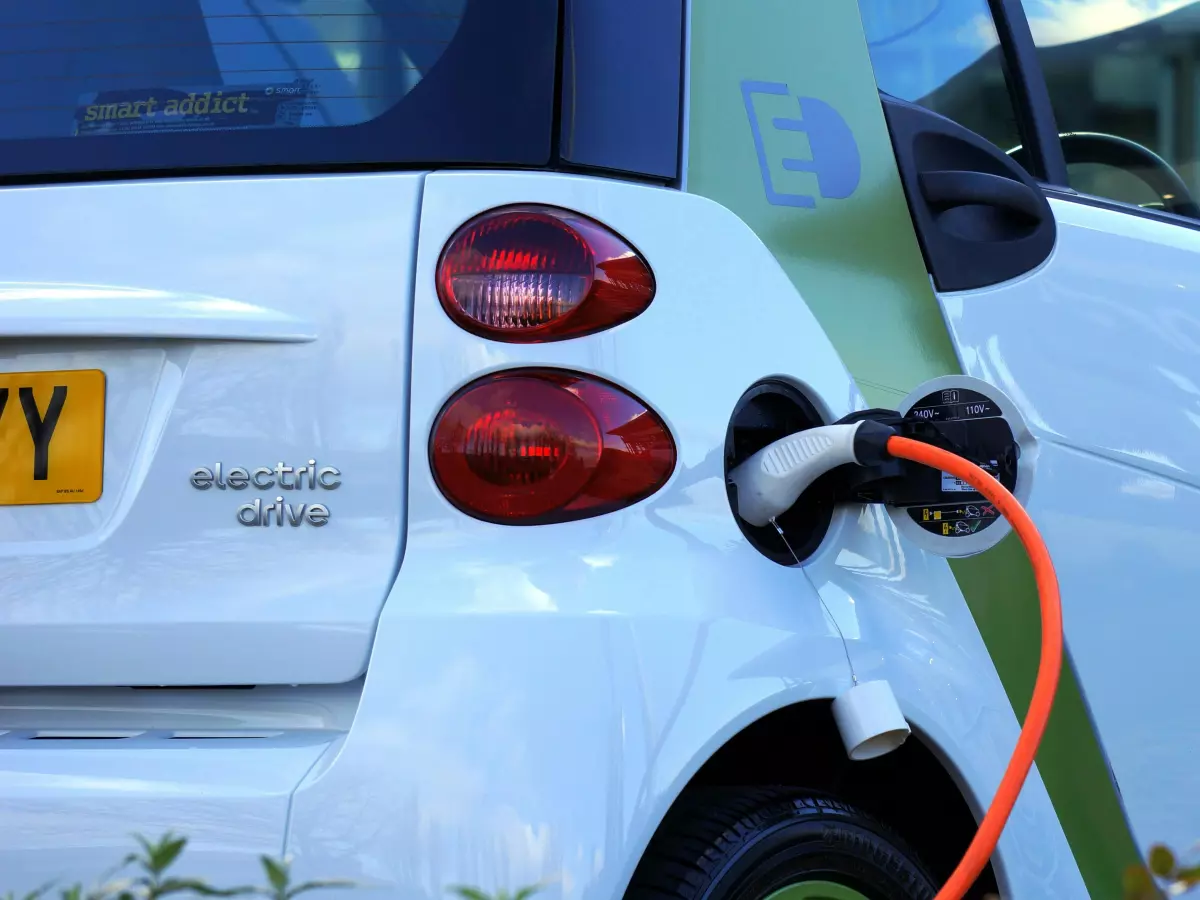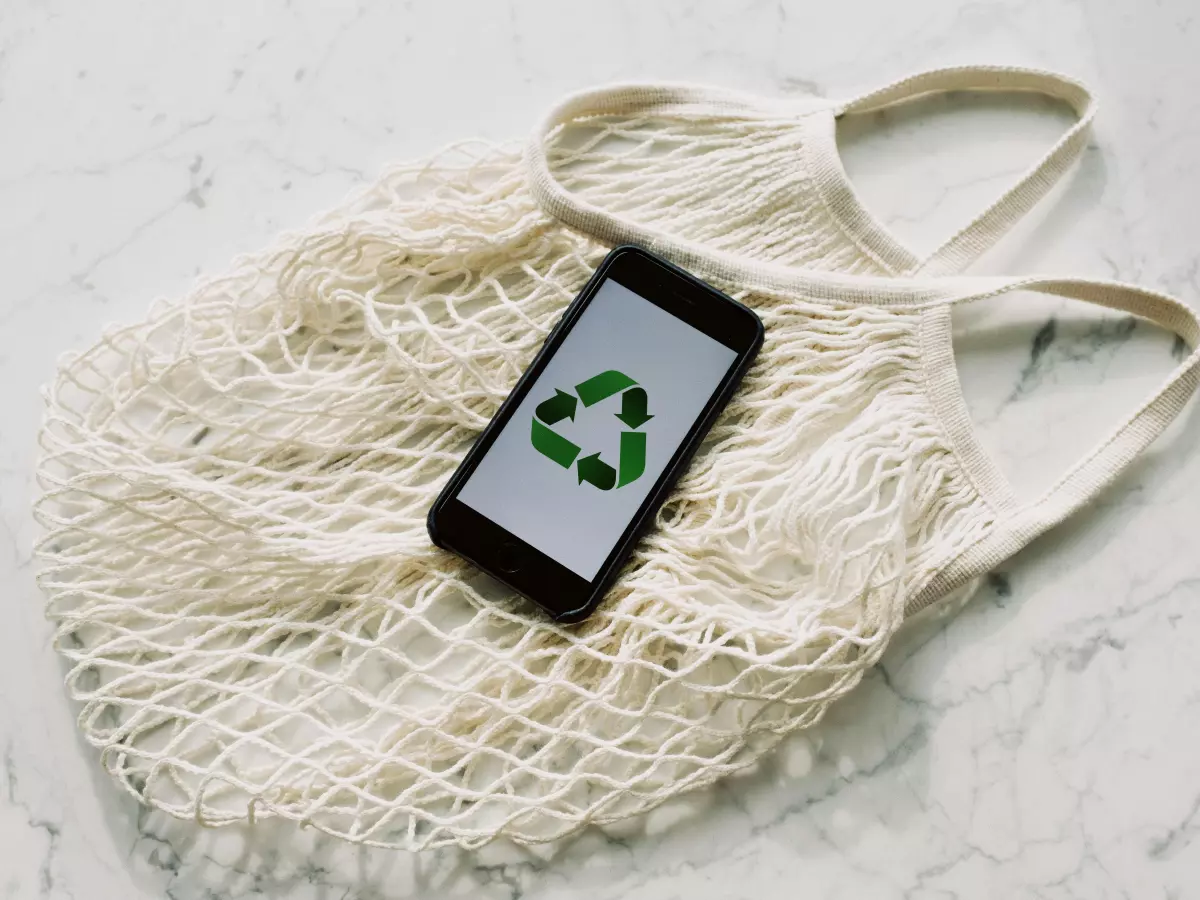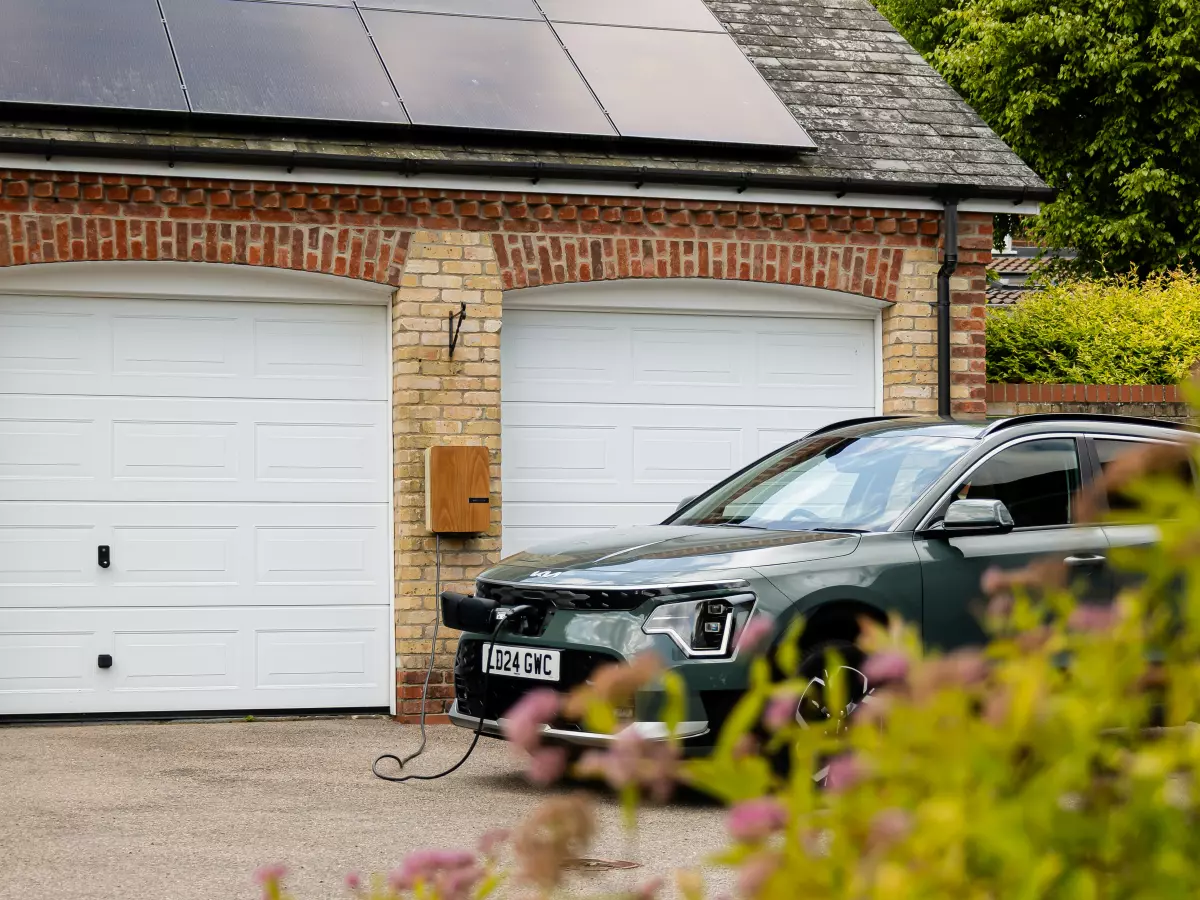Recycling Meets Charging
“The greatest threat to our planet is the belief that someone else will save it.” – Robert Swan
Now, I know what you're thinking—what does that quote have to do with electric vehicles (EVs) and their charging networks? Well, it’s simple. As the world shifts towards sustainable energy, the responsibility to innovate and improve doesn’t just lie with manufacturers or governments. It’s on all of us, and that includes how we handle the end-of-life cycle of EV batteries. Enter the game-changer: EV battery recycling. But here’s the plot twist—this isn’t just about reducing waste. It’s about how recycling could actually reshape the entire EV charging infrastructure. Yeah, you heard me right.
Wait, How Does Recycling Affect Charging Networks?
Okay, so you’re probably wondering, “Liam, what does recycling have to do with where I plug in my EV?” Great question! Let’s break it down. As more EVs hit the road, the demand for charging stations skyrockets. But here’s the kicker: the materials needed for both EV batteries and charging infrastructure—like lithium, cobalt, and nickel—are finite. That’s where recycling comes in. By recovering these precious materials from old batteries, we can reduce the strain on mining and supply chains, which in turn impacts the cost and availability of charging stations.
Think about it: if we can recycle and reuse the materials that power both the batteries and the charging stations, we’re not only creating a more sustainable loop but also potentially lowering the costs of setting up new charging networks. And let’s be real, cheaper charging infrastructure means more charging points, which means fewer ‘range anxiety’ nightmares for EV drivers. Win-win, right?
Recycling Tech: The Unsung Hero of EV Charging
Most of the time, when we talk about EV charging, we focus on speed, availability, or even wireless tech. But what’s often overlooked is how battery recycling can directly influence these factors. For instance, as recycling tech improves, it becomes easier to extract high-quality materials from used batteries. This not only reduces the need for raw material mining but also ensures that charging stations can be built faster and more efficiently.
Imagine a future where the materials from your old EV battery are used to build the charging station you’ll use for your next car. It’s like the ultimate recycling loop! And it’s not just about the physical materials. The software systems that manage these charging stations could also benefit from the data gathered during the recycling process. By analyzing how batteries degrade over time, we could optimize charging algorithms to make the entire network more efficient. Talk about a tech upgrade!
Could Recycling Solve the Charging Bottleneck?
Here’s a thought: what if the bottleneck in expanding EV charging networks isn’t just about the number of stations but also the availability of the materials needed to build them? As we push for more EV adoption, the demand for charging infrastructure is growing faster than ever. But without a steady supply of materials, we could hit a wall. That’s where recycling steps in like a superhero in a cape (okay, maybe not a cape, but you get the idea).
By creating a circular economy where old batteries feed into new charging stations, we could potentially solve the material shortage problem before it even becomes a crisis. And the best part? This could lead to a more decentralized charging network. Instead of relying on massive, centralized charging hubs, we could see smaller, more localized stations popping up everywhere, thanks to the availability of recycled materials.
What’s Next for EV Charging and Recycling?
So, where do we go from here? The future of EV charging networks could very well depend on how quickly we can scale up battery recycling technologies. As more companies invest in recycling plants and as governments push for stricter regulations on battery disposal, we could see a massive shift in how charging networks are built and maintained.
And let’s not forget the role of software in all of this. As recycling becomes more efficient, the data gathered from recycled batteries could be used to optimize charging algorithms, making the entire system smarter and more responsive. Imagine a world where your EV not only charges faster but also learns from the recycled batteries that came before it. That’s the kind of future we’re looking at.
So, the next time you plug in your EV, take a moment to think about where those materials came from—and where they might go next. Because in the world of EVs, recycling isn’t just about saving the planet. It’s about building the future, one charge at a time.





